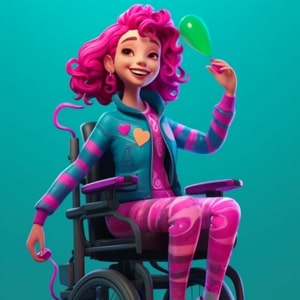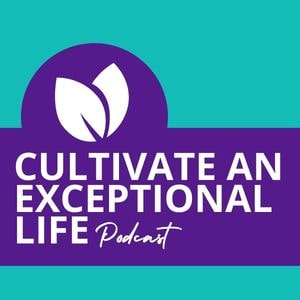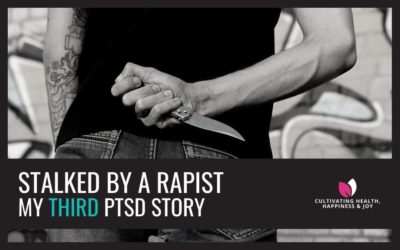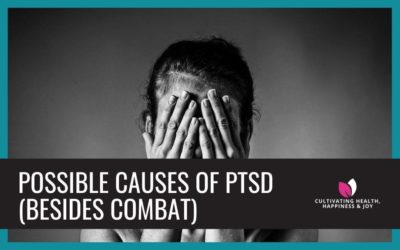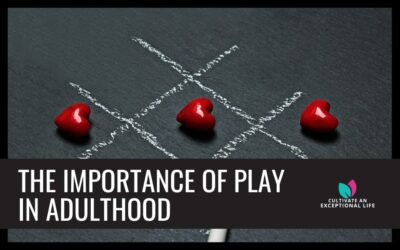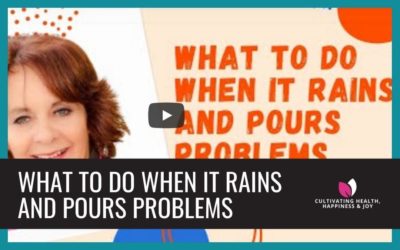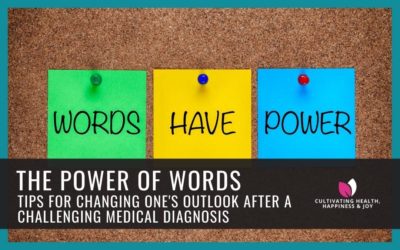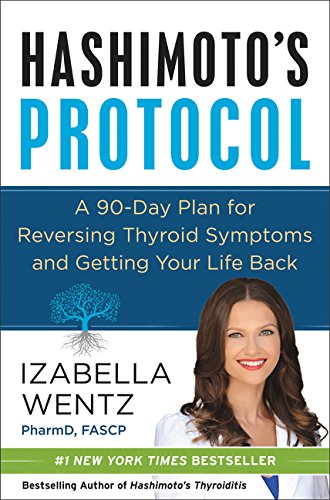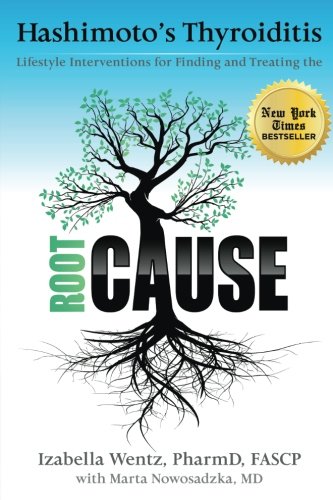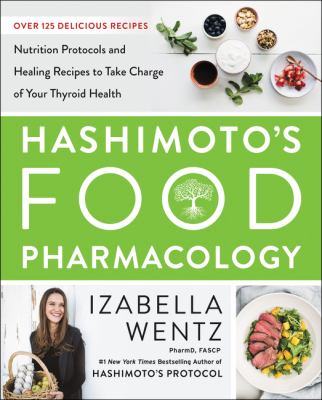Cultivating Health and Happiness despite
HASHIMOTOS DISEASE
Background Information on Hashimotos Disease
The thyroid is a small, butterfly-shaped gland in the front of your neck. Thyroid hormones control how your body uses energy, so they affect nearly every organ in your body—even the way your heart beats. Without enough thyroid hormones, many of your body’s functions slow down.
Typical Symptoms of
Hashimoto’s Disease
The most common symptoms of Hashimoto’s disease include the following:
- fatigue
- weight gain
- pale or puffy face
- feeling cold
- joint and muscle pain
- constipation
- memory loss
- dry and thinning hair
- heavy menstrual flow or irregular periods
- depression
- panic disorder
- a slowed heart rate
- problems getting pregnant and maintaining pregnancy.
Traditional Treatment for Hashimotos
Hypothyroidism is treated by replacing the hormone that the thyroid can no longer make. You will take levothyroxine NIH external link, a thyroid hormone medicine that is identical to a hormone the thyroid normally makes. Your doctor may recommend that you take the medicine in the morning before you eat.
You will take levothyroxine to replace the hormone your thyroid no longer makes.
Your doctor will give you a blood test about 6 to 8 weeks after you begin taking thyroid hormone and adjust your dose if needed. Each time you change your dose, you’ll have another blood test. Once you’ve reached a dose that’s working for you, your doctor will probably repeat the blood test in 6 months and then once a year.
Your hypothyroidism most likely can be completely controlled with thyroid hormone medicine, as long as you take the prescribed dose as instructed. Never stop taking your medicine without talking with your doctor first.
Alternate Remedies
We believe in using alternative treatments to support the bodies healing process. We have had great success in supporting the body through a healing process with alternative methods.
Below are some of the remedies that have been suggested for use in helping alleviate the symptoms of Lyme disease. This listing is created as a reference. We may have not yet tried all the remedies yet.
Blog Articles Related to Hashimoto’s Disease
My PTSD Story #3 – I Was Stalked by a Rapist
TRIGGER WARNING: SEXUAL VIOLENCE/RAPE Today, I am sharing my third PTSD story in a series about the trauma I have gone through, which led to my diagnosis of Complex Post-Traumatic Stress Disorder. During the summer of 1983, I woke to the rattling of my bedroom window....
Possible Causes of PTSD, Besides Combat
There are many possible causes of PTSD (post traumatic stress disorder). The term PTSD is one I had long associated with soldiers returning from war. Shell-shock. Battle Fatigue. Combat Fatigue. Those were terms I had seen in movies. For years, I was living with the...
These Are a Few of My Favorite Things – Part 1
My heart is full of gratitude, and I just had to share some things that make me feel truly blessed. Here is Part I in my list of favorite things; things that enrich my soul and delight my heartWHISKERS ON KITTENSYes, I have that song running through my head. But...
The Importance of Play in Adulthood
Why Do We Discount the Importance of Play? Have you noticed one of the primary differences between childhood and adulthood is play? After all, “Adults aren’t supposed to play.” Adults get jobs, do chores, run errands, and more. If there is any time left over, we may...
Stories of Hope in Hard Times
How do you get through hard times? I share some some of the struggles I've dealt with and tips for getting through them.on the podcast Stories of Hope in Hard Times by host Tamara K Anderson. You can watch it below, listen to it below, on Tamara's website or access...
The Power of Words After a Medical Diagnosis
The power of words, after a medical diagnosis, should not be underestimated. They can provide you and I with the ability to change our outlook about life, the disease, and our potential outcome. Some words are more powerful than others by their very nature. Words...

